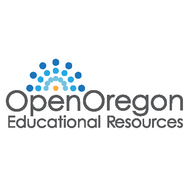Yoga Syllabus
(View Complete Item Description)Syllabus for two courses: Yoga for Wellness and Yoga All Levels. Both courses make use of a free online text: https://yoga.dasa.ncsu.edu/ Course Description: Appropriate for all levels. A dynamic, flow-style Vinyasa practice linking breath and movement with modifications for all levels offered. Focus will be on traditional postures for functional use and comfort in daily life as well as an introduction to a restorative, deep-stretching style of yoga. Learning Outcomes & Course Competencies: At the completion of this course, students should be able to: 1) Explain the relationship between human behavior and health. 2) Understand the basic concepts of the mind-body-spirit connection. 3) Have a basic awareness and understanding of the historical importance of yoga. 4) Understand the concepts of yoga off the mat. 5) Learn and demonstrate the basic use of yoga props. 6) Learn and demonstrate the basic use of restorative postures. 7) Understand and demonstrate the concept of “intention”. 8) Learn and demonstrate the importance of “safe” yoga postures. 9) Understand and demonstrate basic breathing techniques and how it relates to a meditative state. 10) Show respect for yourself and fellow classmates by contributing to an open, non-threatening, non-judgmental, ego free atmosphere. 11) Understand the concept of “being present”.
Material Type: Syllabus




















